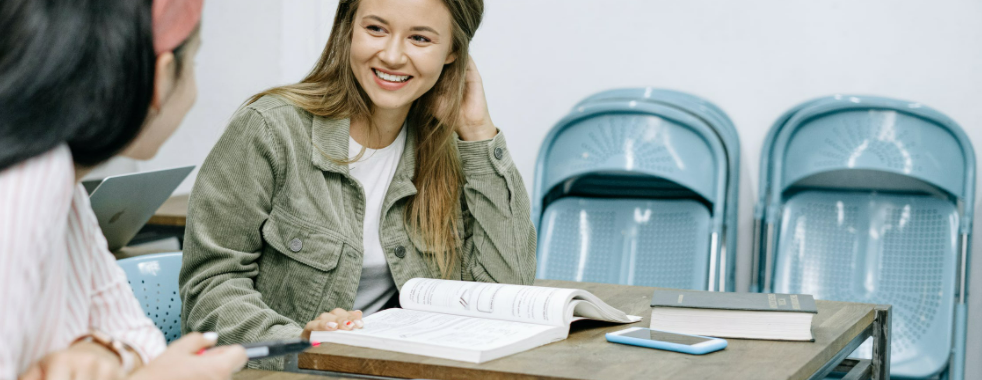High school teaches teens math, history, science, literature, and many other important subjects. However, a shocking number of students report that they don’t learn basic life skills, such as how to interact with professional colleagues and social peers.
Because public education fails to cover these topics, you need to encourage your child to manage mental health and personal relationships themselves before they go off on their own to college or a career. Learn more about social and emotional learning and how it can help your teen prepare for adult life.
What Is SEL (Social and Emotional Learning)?
Some people innately have high emotional intelligence while others struggle with social graces but excel in other areas. People who have room for improvement in interpersonal interaction and emotional intelligence may benefit from specific SEL lesson plans at school.
The five main areas of SEL include self-awareness, self-management, social awareness, relationship skills, and responsible decision making. These skills make it more possible for people to apply their talents to society.
What Do SEL Lessons Look Like?
SEL lesson plans incorporate these five areas into regular education in a number of ways. Often, the structure will depend on the grade level of the students. However, you can expect lessons to teach students to identify and understand emotions as well as strategies for controlling emotions. For example, teachers might show students breathing techniques and demonstrate how to effectively communicate those emotions to peers. Additionally, SEL lessons will give kids opportunities to work in groups to build student relationships as well as ways for them to build positive student-teacher relationships.
Students are also taught to take responsibility for themselves, their education, and their actions. Because the teacher will make classroom expectations clear, your teens will learn how to weigh their actions and consequences of those actions.
Who Needs SEL?
Signs that a child can benefit from SEL lesson plans include constant fights, lack of friends, isolation, tantrums, and reckless behavior. Keep in mind that SEL lessons work in conjunction with any other mental health treatment your child may receive. While you should not use SEL as a replacement, many teens show more progress when incorporating SEL concepts and activities. Most experts agree that children benefit the most when they learn the concepts young and continue including SEL in the classroom and at home.
How Does SEL Prepare Your Child for Adult Life?
SEL lessons teach children how to handle their emotions, especially during times of high stress. In general, children who receive SEL training have higher academic performance. This includes both their grades and their behavior in school. Because they learn how to handle their emotions as part of their curriculum, these teens act out less and wind up in trouble less.
You see long-term benefits of SEL teaching in these students too. Young adults need to adhere to certain social norms in order to succeed at work and in their personal lives. In fact, in one study, 71 percent of employers valued high emotional intelligence over IQ when interviewing applicants.
Many of us adults learned about social skills and mental health through experience, resulting in costly mistakes. If you prepare your child now, they won’t experience the same setbacks. They will also smile a lot more.

